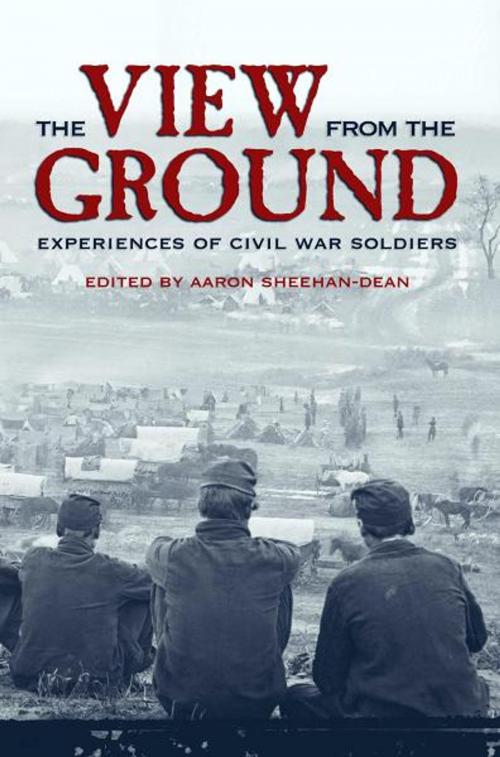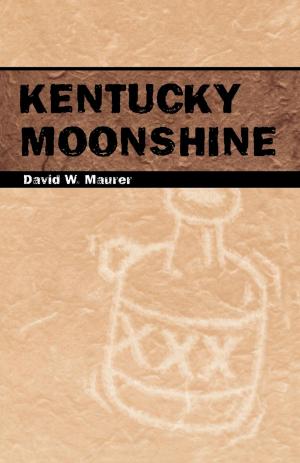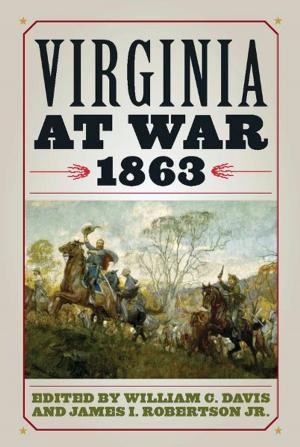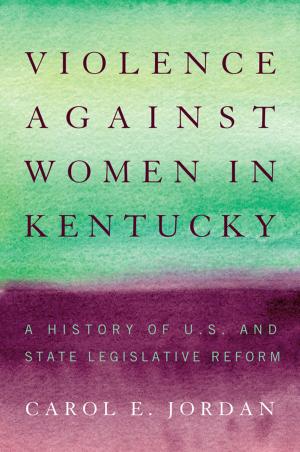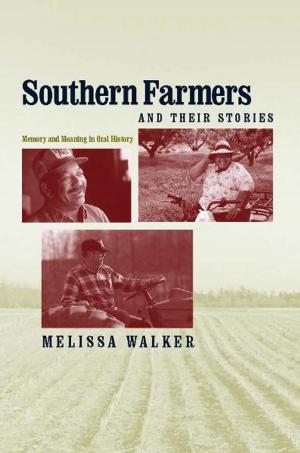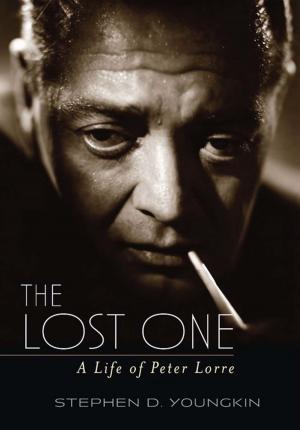The View from the Ground
Experiences of Civil War Soldiers
Nonfiction, History, Americas, United States, Civil War Period (1850-1877)| Author: | ISBN: | 9780813137612 | |
| Publisher: | The University Press of Kentucky | Publication: | December 22, 2006 |
| Imprint: | The University Press of Kentucky | Language: | English |
| Author: | |
| ISBN: | 9780813137612 |
| Publisher: | The University Press of Kentucky |
| Publication: | December 22, 2006 |
| Imprint: | The University Press of Kentucky |
| Language: | English |
Civil War scholars have long used soldiers' diaries and correspondence to flesh out their studies of the conflict's great officers, regiments, and battles. However, historians have only recently begun to treat the common Civil War soldier's daily life as a worthwhile topic of discussion in its own right. The View from the Ground reveals the beliefs of ordinary men and women on topics ranging from slavery and racism to faith and identity and represents a significant development in historical scholarship -- the use of Civil War soldiers' personal accounts to address larger questions about America's past. Aaron Sheehan-Dean opens The View from the Ground by surveying the landscape of research on Union and Confederate soldiers, examining not only the wealth of scholarly inquiry in the 1980s and 1990s but also the numerous questions that remain unexplored. Chandra Manning analyzes the views of white Union soldiers on slavery and their enthusiastic support for emancipation. Jason Phillips uncovers the deep antipathy of Confederate soldiers toward their Union adversaries, and Lisa Laskin explores tensions between soldiers and civilians in the Confederacy that represented a serious threat to the fledgling nation's survival. Essays by David Rolfs and Kent Dollar examine the nature of religious faith among Civil War combatants. The grim and gruesome realities of warfare -- and the horror of killing one's enemy at close range -- profoundly tested the spiritual convictions of the fighting men. Timothy J. Orr, Charles E. Brooks, and Kevin Levin demonstrate that Union and Confederate soldiers maintained their political beliefs both on the battlefield and in the war's aftermath. Orr details the conflict between Union soldiers and Northern antiwar activists in Pennsylvania, and Brooks examines a struggle between officers and the Fourth Texas Regiment. Levin contextualizes political struggles among Southerners in the 1880s and 1890s as a continuing battle kept alive by memories of, and identities associated with, their wartime experiences. The View from the Ground goes beyond standard histories that discuss soldiers primarily in terms of campaigns and casualties. These essays show that soldiers on both sides were authentic historical actors who willfully steered the course of the Civil War and shaped subsequent public memory of the event.
Civil War scholars have long used soldiers' diaries and correspondence to flesh out their studies of the conflict's great officers, regiments, and battles. However, historians have only recently begun to treat the common Civil War soldier's daily life as a worthwhile topic of discussion in its own right. The View from the Ground reveals the beliefs of ordinary men and women on topics ranging from slavery and racism to faith and identity and represents a significant development in historical scholarship -- the use of Civil War soldiers' personal accounts to address larger questions about America's past. Aaron Sheehan-Dean opens The View from the Ground by surveying the landscape of research on Union and Confederate soldiers, examining not only the wealth of scholarly inquiry in the 1980s and 1990s but also the numerous questions that remain unexplored. Chandra Manning analyzes the views of white Union soldiers on slavery and their enthusiastic support for emancipation. Jason Phillips uncovers the deep antipathy of Confederate soldiers toward their Union adversaries, and Lisa Laskin explores tensions between soldiers and civilians in the Confederacy that represented a serious threat to the fledgling nation's survival. Essays by David Rolfs and Kent Dollar examine the nature of religious faith among Civil War combatants. The grim and gruesome realities of warfare -- and the horror of killing one's enemy at close range -- profoundly tested the spiritual convictions of the fighting men. Timothy J. Orr, Charles E. Brooks, and Kevin Levin demonstrate that Union and Confederate soldiers maintained their political beliefs both on the battlefield and in the war's aftermath. Orr details the conflict between Union soldiers and Northern antiwar activists in Pennsylvania, and Brooks examines a struggle between officers and the Fourth Texas Regiment. Levin contextualizes political struggles among Southerners in the 1880s and 1890s as a continuing battle kept alive by memories of, and identities associated with, their wartime experiences. The View from the Ground goes beyond standard histories that discuss soldiers primarily in terms of campaigns and casualties. These essays show that soldiers on both sides were authentic historical actors who willfully steered the course of the Civil War and shaped subsequent public memory of the event.
